According to Minister Pham Thi Thanh Tra, the Ministry of Home Affairs will coordinate with the Ministry of Health to complete policies on salaries, preferential allowances, and special allowances for medical staff.
"The regime will be consistent with the Central Government's salary policy reform roadmap, ensuring the view that the medical sector is a special sector and that treatment also requires special policies," the Minister of Home Affairs said when explaining some issues of concern to delegates at the National Assembly discussion session on the afternoon of May 29.
Ms. Tra said that the Ministry of Home Affairs will coordinate with the Ministry of Health to advise the Government on developing a project to develop human resources for the public health sector until 2030. The project will specify the strategy and ensure the foundation of human resources for the health sector in the new situation.
According to the Minister, the recent success in preventing the Covid-19 epidemic has had a great contribution from the medical staff. However, through the pandemic, the difficulties in the organization, personnel and many other aspects have also become more evident. Of the 39,000 civil servants and public employees who have quit their jobs or left their jobs for a period of time, the health sector alone accounts for 25%.
Therefore, the development of human resources in the medical sector needs to be placed within the overall Resolution 19/2017 of the Central Committee on innovation of the organization and management system, improving the quality and efficiency of public service units and Resolution 20/2017 on strengthening the work of protecting, caring for and improving people's health in the new situation.
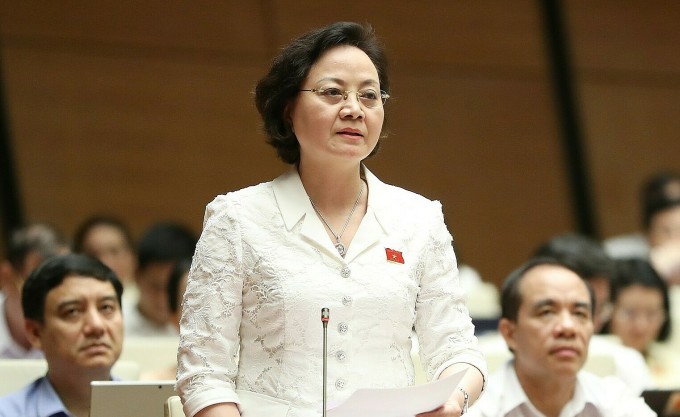
Minister of Home Affairs Pham Thi Thanh Tra speaks on the afternoon of May 29. Photo: National Assembly Media
Along with that, the Ministry of Home Affairs will amend and supplement policies on the use, recruitment, training and development of medical staff; policies on attracting doctors to work in particularly difficult areas, ethnic minority areas, remote areas and island areas.
The medical staffing level will be clearly determined based on job positions according to population size and socio-economic conditions of regions, in accordance with practical requirements. "There is no question of reducing the number of civil servants receiving salaries from the budget for grassroots health care," Ms. Tra affirmed.
Minister of Health Dao Hong Lan said that in 2018, the World Health Organization (WHO) recognized Vietnam as one of the few countries with a complete grassroots health network organized down to the village and commune levels. Many countries are interested in learning this model. The widespread grassroots health network has made Vietnam a bright spot in public health compared to countries with the same level of development.
However, the Covid-19 pandemic outbreak has raised the need to develop primary health care and preventive medicine to have the capacity to respond. "We will take into account the opinions of delegates to improve and develop the primary health care system," said Ms. Lan.
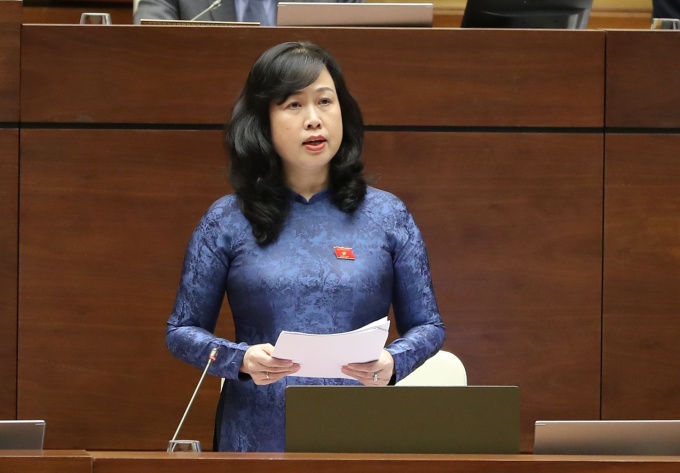
Minister of Health Dao Hong Lan explains the opinions of delegates on the afternoon of May 29. Photo: National Assembly Media
According to Ms. Lan, the Ministry of Health is drafting a directive of the Secretariat on building a grassroots health system in the new situation; it is expected to be approved in June. The directive will mention many contents on the organization, implementation mechanism, deployment methods, and strengthening of grassroots health human resources. After that, the Ministry of Health will specify these contents.
The shortcomings of the primary health care system and preventive medicine are clearly mentioned in the report of the National Assembly's Supervisory Delegation. Accordingly, the organization and apparatus of the system have changed a lot over the years, human resources are lacking, quality is not guaranteed; policies for the medical staff are not commensurate with the tasks.
The proportion of expenditure on primary health care out of total social health expenditure decreased from 32.4% in 2017 to 23.1% in 2019. The allocation of regular expenditures other than salaries for commune health stations is still low, with some localities only reaching 10-20 million VND per station per year. The total number of staff working in preventive medicine from the central to district levels only meets 42% of human resource needs, a shortage of about 23,800 people. Of which, there is a shortage of more than 8,000 preventive medicine doctors, and a shortage of nearly 4,000 public health bachelors.
Son Ha - Viet Tuan
Source link




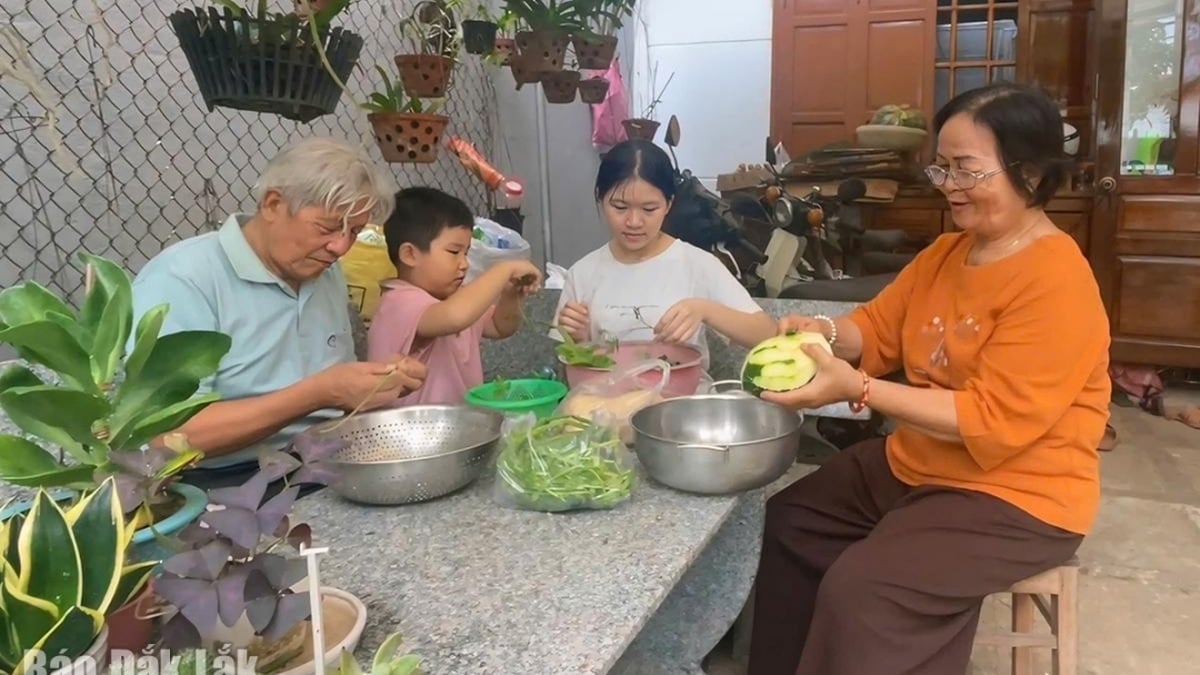

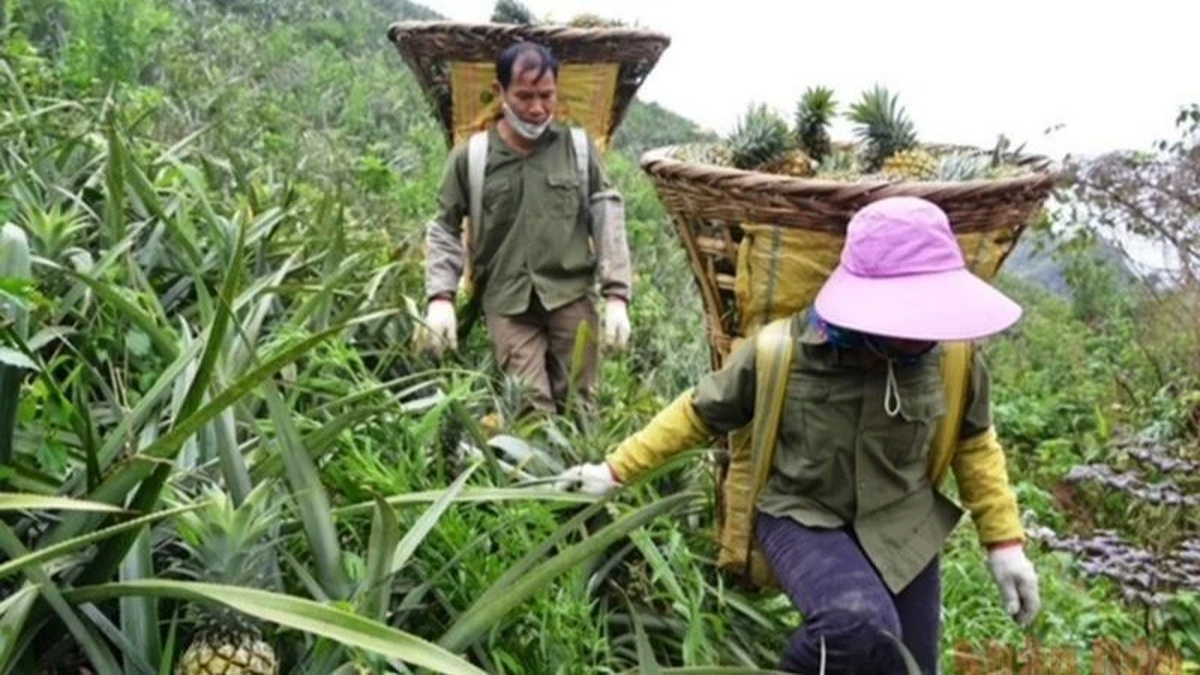
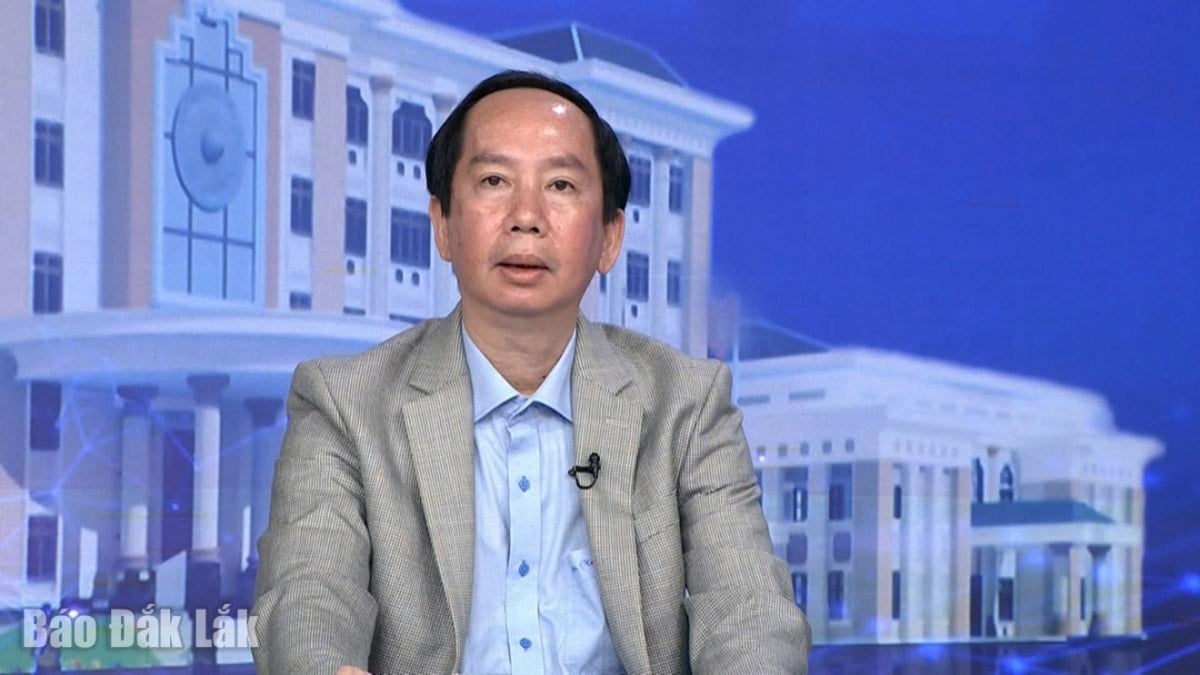
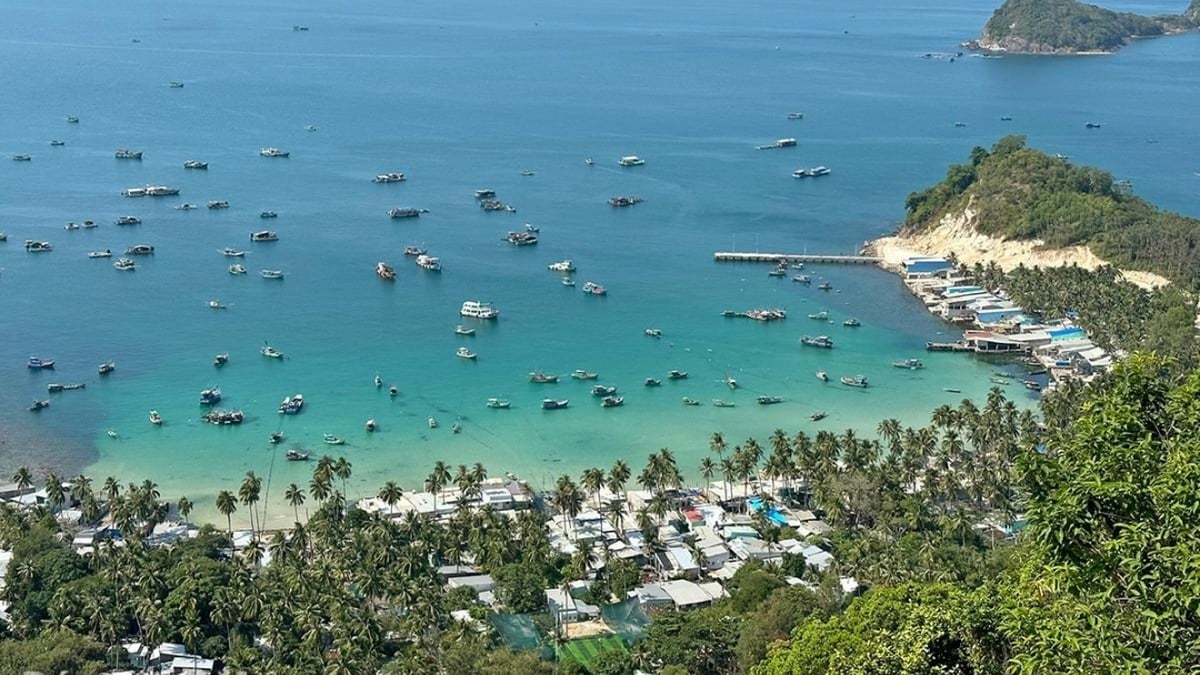

























































































Comment (0)